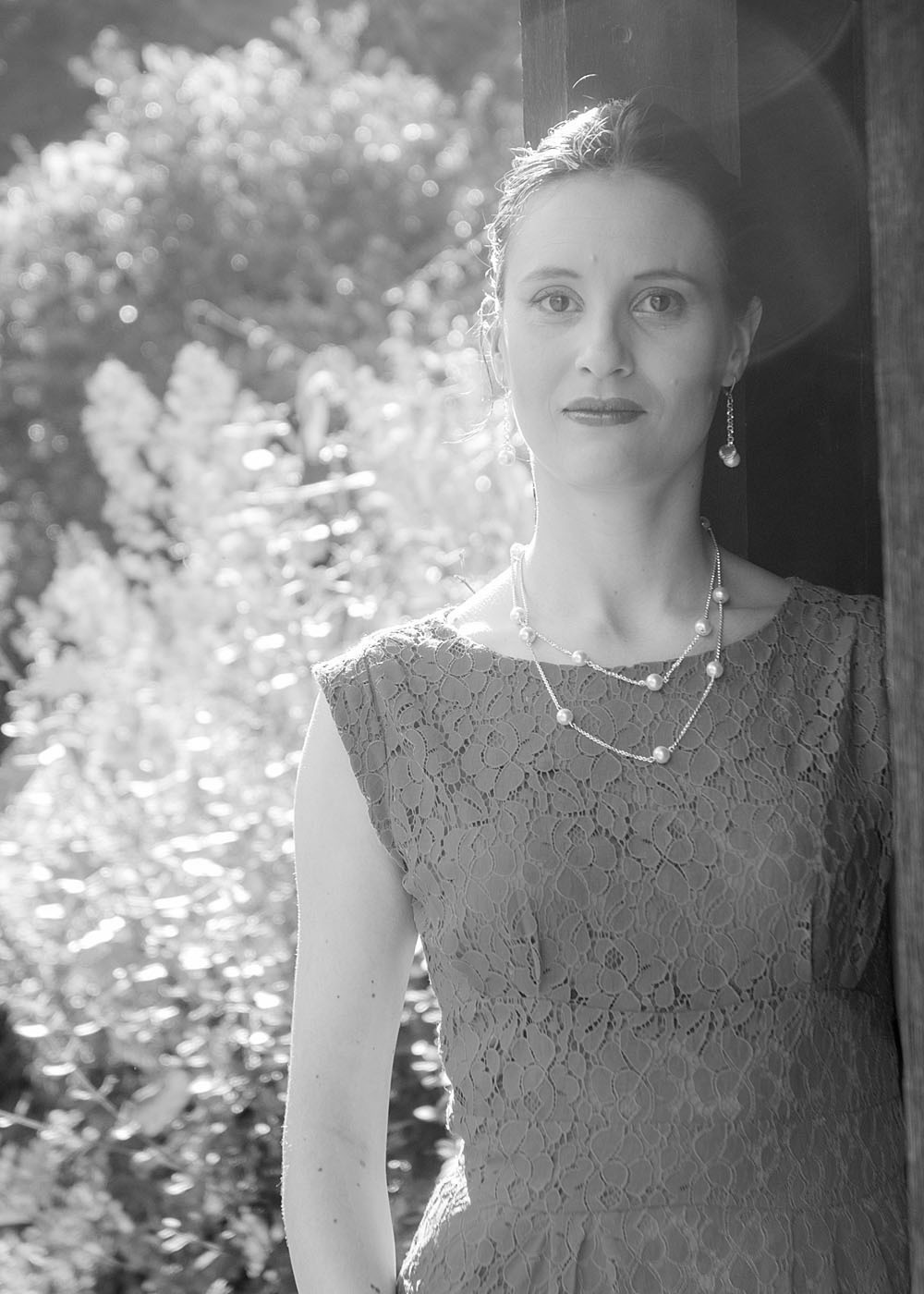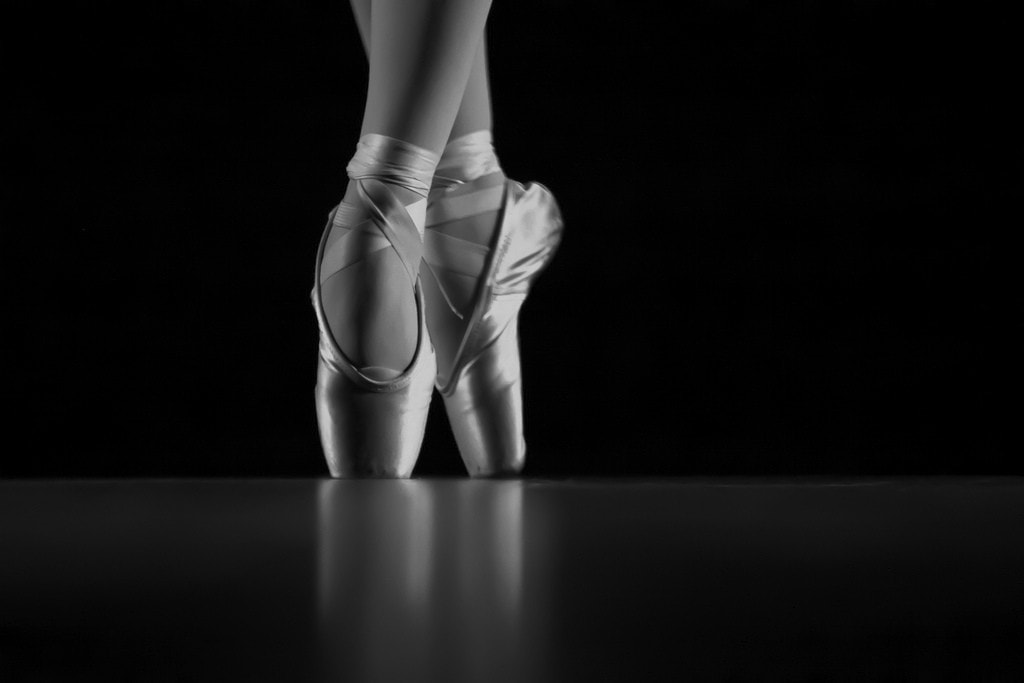Subscribe to our newsletter
How I Learned to Stop Worrying and Love to Not Choose #MySTEMrolemodel
As part of Digital Science’s celebrations for Ada Lovelace Day, for the month of October we are running a series of blog posts where inspiring women in STEM are sharing their personal role models. Anyone can get involved and we encourage you to share your role model on social media using the hashtag #MySTEMrolemodel.
 Barbara McGillivray works as a data scientist in the Open Research Group of Springer Nature in London. She holds a PhD in computational linguistics form the University of Pisa, a degree in Classics and one in Mathematics. In her previous job she worked in the Language Technology Group of the Dictionary department of Oxford University Press. Her research interests include quantitative and computational methods for Latin and Ancient Greek linguistics, computational lexicography, Digital Humanities, and scientometrics. In her spare time she enjoys dancing Argentine tango.
Barbara McGillivray works as a data scientist in the Open Research Group of Springer Nature in London. She holds a PhD in computational linguistics form the University of Pisa, a degree in Classics and one in Mathematics. In her previous job she worked in the Language Technology Group of the Dictionary department of Oxford University Press. Her research interests include quantitative and computational methods for Latin and Ancient Greek linguistics, computational lexicography, Digital Humanities, and scientometrics. In her spare time she enjoys dancing Argentine tango.
My role models are not famous people; they are the people who have been around me in different periods of my life. They’ve influenced the perception I have of myself by showing how normal it is to excel at what you love. Most of these people are women.
My mother has always worked full-time and managed to progress in her career as a teacher, while at the same time raising me alone. She was the first person in her family who got a university degree. She also went abroad to study, well before the Erasmus programme kicked off and made it much easier for European students to move around. From her Tuscan home town, she spent some time in Paris for a while, and then moved to Florence. Her travels left her with a feeling of being an outsider everywhere: she showed me that you don’t necessarily have to fit in, because you’ll find people with different backgrounds you can relate with even if they don’t come from your same community. I’m so glad I’ve met wonderful people in my life following this!
My mother herself had a really strong role model in my grandma, a tiny woman who looks so frail but in fact is incredibly determined. She grew up in poverty under Mussolini, and could only complete the primary school. In spite of that, she climbed the career ladder as a nurse and ended up assisting surgeons in the operating theatre.
Growing up next to these strong women, I’ve always known that, independently from the family choices I was going to make it, and full-time work was going to be an essential part of my personal realisation.
I attended a high school that combined humanities with scientific subjects, so I didn’t have to choose, they were all equally important. When it came to choosing my university degree, I remember spending hours looking at the description of every single faculty. I took a totally open-minded approach and then realised that I wanted to choose a difficult subject, something that I would feel proud of. Medicine was a theoretical option, but I can’t stand looking at blood. In the end, mathematics came as a natural choice: it seemed like something incredibly challenging but nevertheless achievable. In hindsight, I recognise that my maths teacher must have played a role in this decision. She was a little woman who would come into the classroom and ask us what was unclear from our homework. Then she would carefully clean the thoroughly non-digital blackboard and start writing formulae with a piece of white chalk. Everything looked so tidy and each line followed logically from the ones above: gradually, everything made sense and there was nothing to worry about. It was a deeply reassuring attitude which still supports me.
But I get bored if I only do one thing. Many people have hobbies in addition to what they study or work on, and during my school and university years I cultivated a passion for ballet. Calling it a hobby, though, wouldn’t be fair. Ballet may remind people of graceful girls floating around with elegant movements. But those who’ve had something to do with ballet will know very well that to reach that point it takes many, many years of hard work and dedication. I started ballet at the age of four and it was such an essential part of my everyday life that I didn’t really question it for 19 years. I never seriously thought I was going to become a ballerina, but I didn’t consider that a reason to quit it either. Ballet is a fascinating world. I remember the director of the school very well. She had danced with Nureyev and kept an incredibly elegant posture. She was also elegantly authoritative, somewhat scary at times. She would push each of us equally hard to improve our technique, no matter if we wanted to become professionals or not. I learnt to take ballet very seriously and to enjoy the challenge. It was in this environment that I grew up thinking that if I do something, I might as well do it properly; also, you don’t have to choose just one area to excel at, you can try several. This attitude has stayed with me, and can explain why after a degree in mathematics I went on to do a degree in Classics.
Why do we have to choose between being a scientist, a humanist, or even a dancer? Why indeed!
With my mixed background, I left academia after my PhD and landed in a job in industry. It was here I met a collection of very inspiring people who supported me in this career move. My manager in my first industry job is definitely one of these inspiring people. She was extremely good at motivating her team and instilling confidence in each of us. She has taught me to structure my thinking and she showed me that it’s possible to have authority while at the same time understanding the people around you so that they can give you their best. You don’t have to choose; in fact, you shouldn’t!




